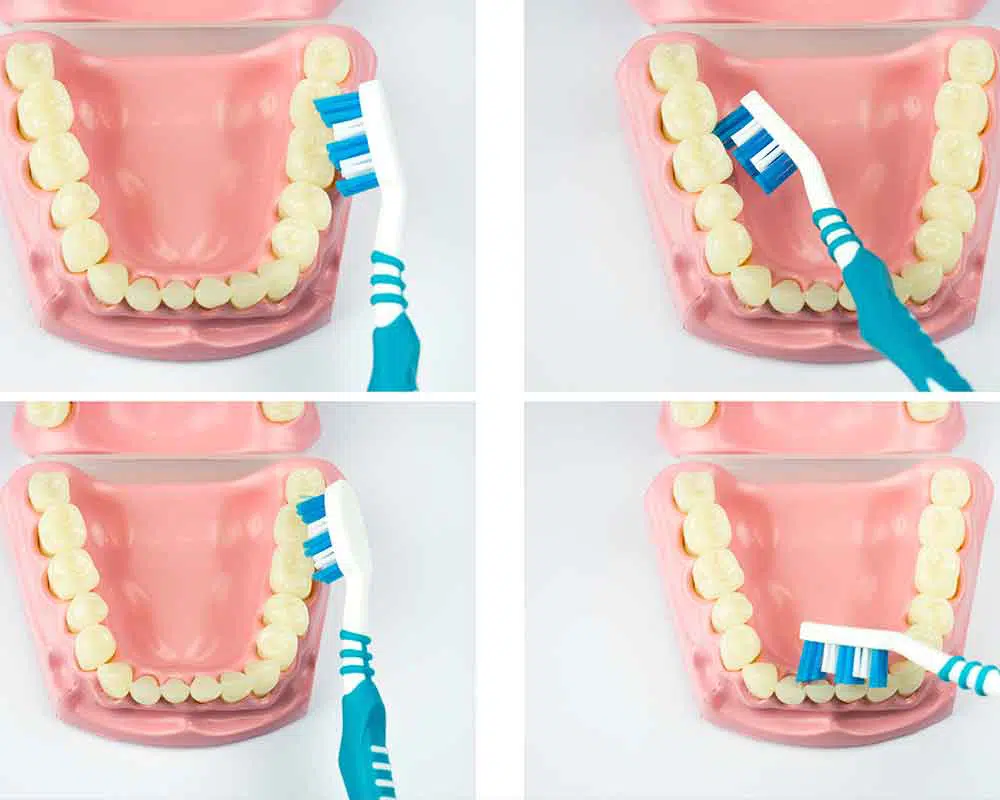Getting Used to Your New Dentures
Some patients find the experience of adjusting to their new dentures for the first time to be challenging. It will be a new sensation that will take you a period of time
to adjust.
Time, Patience & Will Power
Initially, dentures will often feel strange and bulky and will cause a feeling of fullness of the lips and cheeks. In time, these feelings will subside and you will feel more comfortable.
Learning to Chew with Your New Dentures
Learning to chew with new dentures takes time. Start with soft foods and gradually introduce more difficult foods.
Other Symptoms
You may also experience slurred speech, gagging, excessive salivation and funny or diminished taste. Again, these issues usually disappear over time. However, if they continue, please contact our office to let the dental staff know about your particular difficulty. We’re here to help you!
Lower Denture Challenges
It is especially difficult to adjust to a lower denture, because it “floats” on your lower gums and will not have the suction that your upper denture has. Try resting your tongue against the inside, front edge of the lower denture to help hold it in place. Until you learn good tongue and lip control, adhesives are recommended. Adhesives may also be useful for upper dentures.
Suggestions
At first, you may want to consider wearing your dentures all the time, even at night, to adapt to them more quickly. After you have become accustomed to them, you should take them out at night and follow a good cleaning routine.
Talking with New Dentures
You probably aren’t surprised to learn that talking with dentures takes practice, too. Certain words and sounds might be harder than before, especially “s” and “f” sounds. It can be helpful to practice speaking out loud in front of a mirror or reading aloud to know which words give you trouble.
Denture Care:

Daily denture care and cleaning of your dentures is very important to help keep them looking their best and prevent stains and denture odor. For everyday cleaning, use a soft brush and a cleaning agent, such as soap and water, or products sold especially to clean dentures. Be sure to brush both the inside and outside of your denture. This will help eliminate harmful bacteria. We also suggest soaking your denture in water or a denture cleaning agent when you take them out at night. (You can get the denture cleaning agent from Denture Creations)
To help prevent breakage (in the event you accidentally drop your dentures while cleaning them) we strongly recommend that you hold them over a sink filled with water. You may also want to cushion the sink and counter with a soft cloth or towel.

